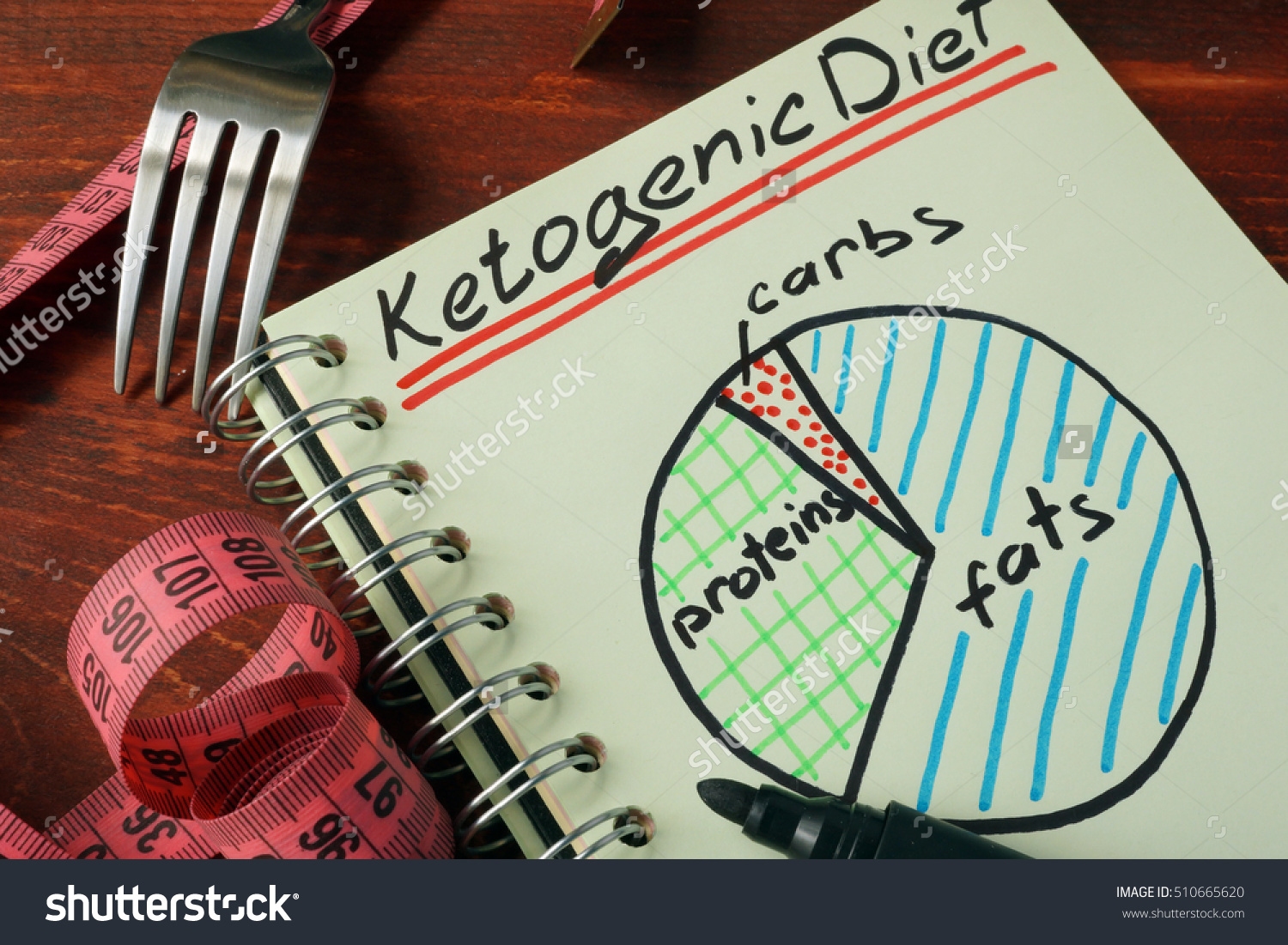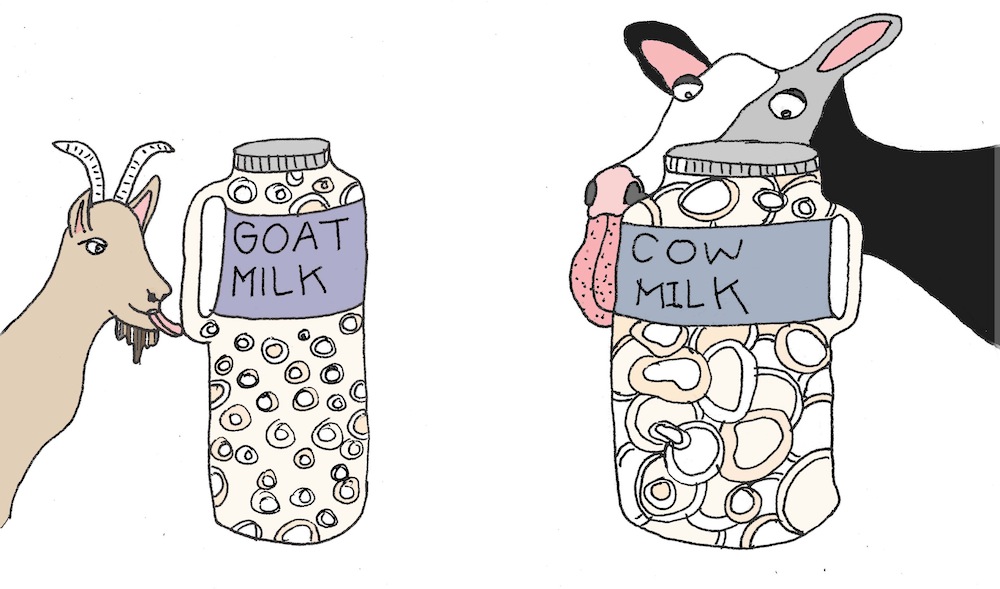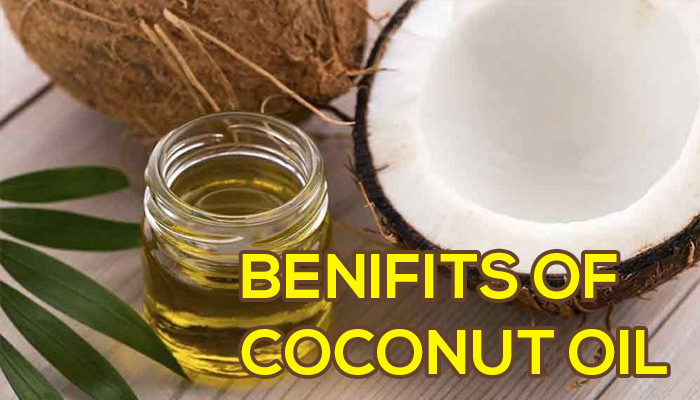Omega-3, 6 and 9 are some of the most popular supplements around the world, but what is the difference between the three? Are they all essential?
What are the health benefits of the Omega-3, 6 and 9 fatty acids?
Omega-3 fatty acids
Omega-3 can be found from both plant and animal sources, including flaxseed, fish oil, krill oil, hemp and Chia seeds.
Animal sources of omega-3 such as fish provide decosahexaenoic acid (DHA) and eicosapentanoic acid (EPA), which are famous for their protective properties on the heart. Plant sources, on the other hand, provide alpha-linoleic acid (ALA).
EPA and DHA, which are animal based, are more beneficial to the body than ALA. For it to be useful in the body, ALA has to be converted to DHA and EPA, and the conversion rate is very low. Therefore, animal sources of omega-3 fats are recommended.
Health benefits of omega-3
- It helps in reducing the risk of stroke, heart attack and death significantly, an indication of good heart health.
- It helps in regulating the blood cholesterol levels. In a study, both krill and fish oils helped in reducing the triglyceride levels, though krill has better effects.
- DHA improves learning and behavior, thus maximizing your child’s intellectual potential. Low levels of DHA are linked to poorer memory in school-going It also helps children with ADHD improve behavior and learning abilities.
- It also helps children with short bowel syndrome (SBS). It is not a common condition, but it affects quite a number of people.
Omega-3 fatty acids are essential, meaning your body cannot synthesize them on its own, and they have to be provided in the diet.
Omega-6 fatty acids
Also known as linoleic acid, it has many health benefits and provides many of the benefits that omega-3 provides. You need to eat twice as much omega-6 to omega-3, which is in the ratio of 2:1 for maximum benefits.
However, in the current world, this may not be possible due to the high-calorie snacks and drinks, and fast foods. It is therefore quite common for people to get up to 15 times or more omega-6 than omega-3, which may end up negating its health benefits.
The best sources of omega-6 include nuts, grains, seeds and green leafy vegetables. Raw cold pressed vegetable oils are also a good source and it is important to note that cooking destroys the benefits.
Omega-6 fatty acids are essential, but our bodies are ill-equipped to handle excess amounts.
Any supplementation with omega-6 offsets the benefits of omega-3, and it is, therefore, important to note that we consume enough in our standard diet and supplementation is not necessary.
Omega-9 fatty acids
Also known as stearic acid or monounsaturated oleic acid, omega-9 is produced naturally by the body and is, therefore a non-essential fatty acid. However, there has to be sufficient amounts of omega-3 and omega-6 essential fatty acids for the synthesis of omega-9 to take place.
If you do not consume sufficient omega-3 and 6, you will, therefore, need to get it from food sources such as nuts, Chia seeds, olives and olive oil.
Health benefits of omega-9
- Supports heart health by balancing the cholesterol levels
- It improves the body’s immune function
Note, supplementing with omega-3-6-9 is not necessary. All you need to find is a high-quality omega-3 supplement and the omega-3:6 ratios will balance out. The body can easily synthesize omega-9



